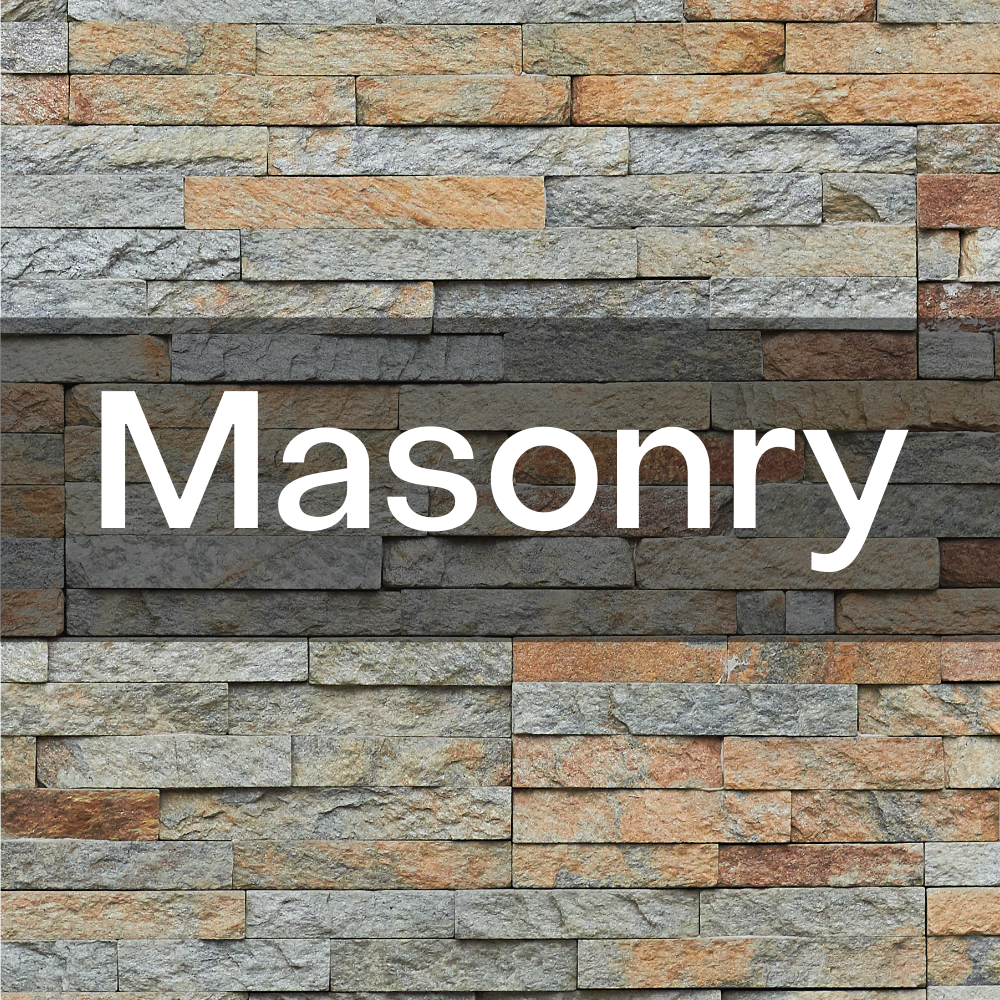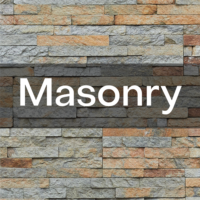
Webinar
Strength Design of Masonry
January 17, 2023 | Tue 12:00 America/Chicago
Duration: 1.25 Hours
CE Credits: 1.25
$300
Strength Design was introduced in the TMS 402 masonry code in 2002. Most masonry design is still allowable stress design, but strength design offers several advantages, including the design being similar to reinforced concrete and the designs using the reinforcement more efficiently than allowable stress design. This webinar will provide an introduction to masonry strength design. Design methods for flexural elements, including lintels and non-bearing walls, will be presented. Bearing wall design methods, including the inclusion of second-order effects, will be presented along with design tips. Shear walls design will be covered, including shear design, flexural design, and seismic prescriptive design requirements. The webinar will be based on the 2016 TMS 402 code, but changes that are in the 2022 code will be shown.
- Course will award 1.25 hours of continuing education
- This course is Diamond Review approved in 49 states. New York does not accept hours from recordings
Strength Design was introduced in the TMS 402 masonry code in 2002. Most masonry design is still allowable stress design, but strength design offers several advantages, including the design being similar to reinforced concrete and the designs using the reinforcement more efficiently than allowable stress design. This webinar will provide an introduction to masonry strength design. Design methods for flexural elements, including lintels and non-bearing walls, will be presented. Bearing wall design methods, including the inclusion of second-order effects, will be presented along with design tips. Shear walls design will be covered, including shear design, flexural design, and seismic prescriptive design requirements. The webinar will be based on the 2016 TMS 402 code, but changes that are in the 2022 code will be shown.
- Course will award 1.25 hours of continuing education
- This course is Diamond Review approved in 49 states. New York does not accept hours from recordings
Speaker:
Richard Bennett, Ph.D, P.E., is a Professor of Civil and Environmental Engineering at the University of Tennessee, Knoxville. He is very active in masonry code development, having been the chair of the 2016 TMS 402/602 code committee. He is currently 2nd vice-chair of the 2022 TMS 402/602 code committee.
NCSEA Webinars and Digital Events Cancellation and Refund Policies
Webinar Cancellation
By NCSEA: If a webinar is canceled by NCSEA, all registered attendees will be notified via email. NCSEA will issue a full refund if the event cannot be rescheduled. If the event is rescheduled and a registrant can not attend on the rescheduled date, NCSEA will offer a credit in the amount of the purchase price.
By Registrant/Attendee: Cancellations must be made at least 24 hours in advance of the webinar (or the first webinar in the case of a series or bundle) and in writing via email ( ncsea@ncsea.com) with the subject line “NCSEA Webinar Cancellation” and include the following in the body of the email: Title of Webinar, Order/Invoice Number, Name of Registrant, and Reason for Cancellation. No telephone refund requests will be accepted.
If the request has been approved, NCSEA can do one of the following:
- Refund the amount back to the original order payment method (a $25 cancellation processing fee will be assessed)
- Issue a full credit on the purchaser’s account that can be used towards a future webinar/event.
If you are unable to attend the webinar and the cancellation deadline has passed, a recording will be available (in most cases) in the Education Portal after the webinar has concluded.
Refunds are not granted due to attendee technology issues. It is your responsibility as the webinar attendee to test your computer setup prior to the start of the webinar.
On-Demand Purchases
All on-demand (recorded) webinars, courses, and series sales are final.





